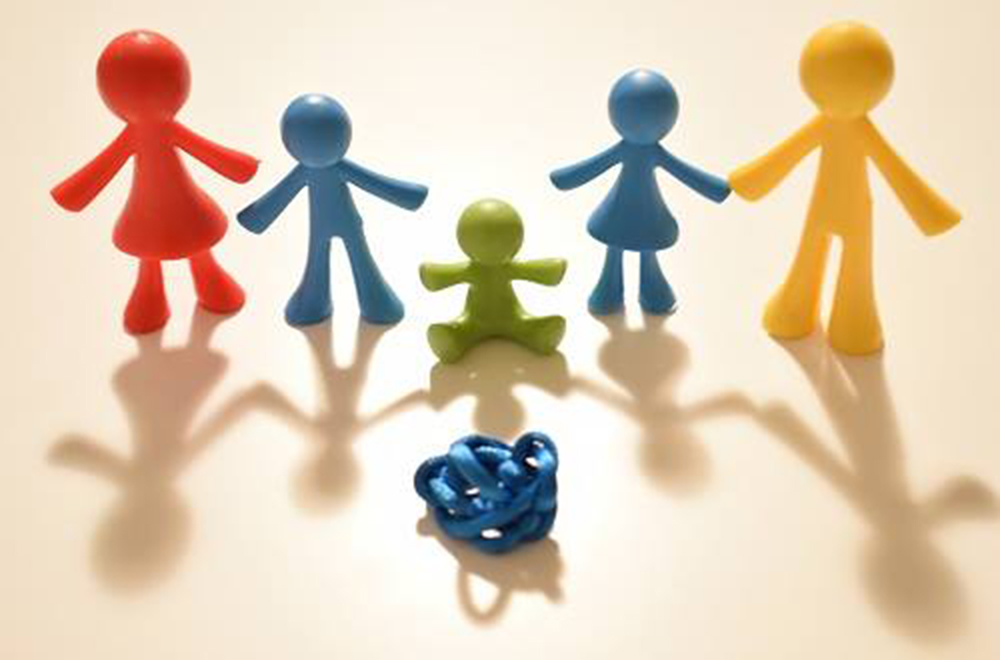Statistics from the National Counselling Referral Service (NCRS) show that people with disability increasingly reached out for support during the Covid-19 lockdowns.
In the last year, the NCRS has provided over 3,500 occasions of service. Of this, approximately 62 per cent were counselling sessions in which callers were listened to, heard and believed. Almost half of all calls received a referral for ongoing, personalised support. The majority of the calls occurred between July – September during lockdown and the Royal Commission into Violence, Abuse, Neglect and Exploitation of People with Disability hearings.
In the past 12 months the Blue Knot Foundation has supported people impacted by the Disability Royal Commission through the NCRS, according to Blue Knot president, Dr Cathy Kezelman.
“There are many people with disability who experience violence, abuse, neglect or exploitation. That’s why the Disability Royal Commission is so important and the National Counselling Referral Service is here to help support people around their trauma,” she said.
“The Commission is finally giving a voice to people with disability. Its recommendations will be vital to help us understand how to minimise trauma for people living with disability, and to enable better support through their carers, family members, advocates and support workers. It will lay the foundation for us to build a more inclusive and accessible future for all Australians.”
The NCRS was established to provide short term, team-based, trauma-informed counselling and referral services for people impacted by the Royal Commission into Violence, Abuse, Neglect and Exploitation of people with Disability.
It now also is able to support any person with disability who has experienced or is currently experiencing abuse, neglect, violence or exploitation and – during the health pandemic – is additionally supporting those who are distressed or anxious due to Covid-19. It also supports carers, support workers, family members or advocates of people with disability.
“During Covid-19 many people with disability have experienced further barriers over the year, particularly during times of strict lockdowns, quarantine and physical distancing restrictions; when face-to-face services have not been available,” Kezelman said.
“We’ve seen greater demand when some services were not available and people with disability were left with fewer supports. In many cases we are connecting callers with practical supports and referrals for local supports, counselling or advocacy – some people need multiple referrals. The NCRS has been a vital point of contact for people with disability during an incredibly challenging year.”

